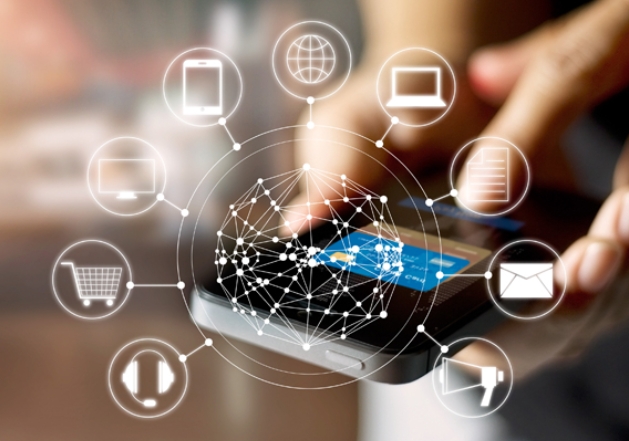In the age of digital transformation, modern communication has become an integral part of our daily lives. From social media platforms to instant messaging apps, video conferencing tools to email services, modern communication has revolutionized the way we interact, share information, and conduct business. However, like any other technological advancement, modern communication is not without its drawbacks. In this article, we will delve into the disadvantages of modern communication, shedding light on the less-discussed aspects of this digital revolution.
- Privacy and Security Concerns:
One of the most significant disadvantages of modern communication is the potential for privacy breaches and security threats. With the increasing use of digital platforms for communication, the risk of personal information getting leaked or misused has escalated. Cybercriminals can exploit vulnerabilities in these platforms to steal sensitive data, leading to identity theft, financial loss, and other serious consequences.
- Miscommunication and Misinterpretation:
Modern communication tools often lack the personal touch and non-verbal cues that come with face-to-face communication. This can lead to miscommunication and misinterpretation. The tone of a message can be misconstrued, and the intent behind a statement can be misunderstood, leading to conflicts and misunderstandings.
- Over-reliance on Technology:
The convenience and efficiency of modern communication tools can lead to an over-reliance on technology. This dependency can be problematic when technical issues arise, such as network outages or software glitches, disrupting communication and causing delays.
- Impersonal Communication:
While modern communication has made it easier to connect with people worldwide, it has also made interactions more impersonal. The lack of physical presence and human touch can lead to feelings of isolation and disconnection, impacting relationships and mental health.
- Information Overload:
The ease of access to information and the speed at which it is disseminated can lead to information overload. This can result in difficulty in processing and retaining information, leading to stress, confusion, and decision-making paralysis.
- Health Issues:
Excessive use of modern communication tools can lead to health issues, including eye strain, sleep disorders, and mental health problems like anxiety and depression. The constant need to stay connected can also lead to digital addiction, impacting productivity and well-being.
In conclusion, while modern communication has brought about significant benefits, it is essential to be aware of its disadvantages. By understanding these challenges, individuals and organizations can take proactive measures to mitigate risks, ensuring that the advantages of modern communication are harnessed without compromising security, relationships, and well-being.
As we continue to navigate the digital age, it is crucial to strike a balance between leveraging modern communication tools and maintaining traditional communication values. After all, effective communication is not just about the tools we use, but how we use them.

